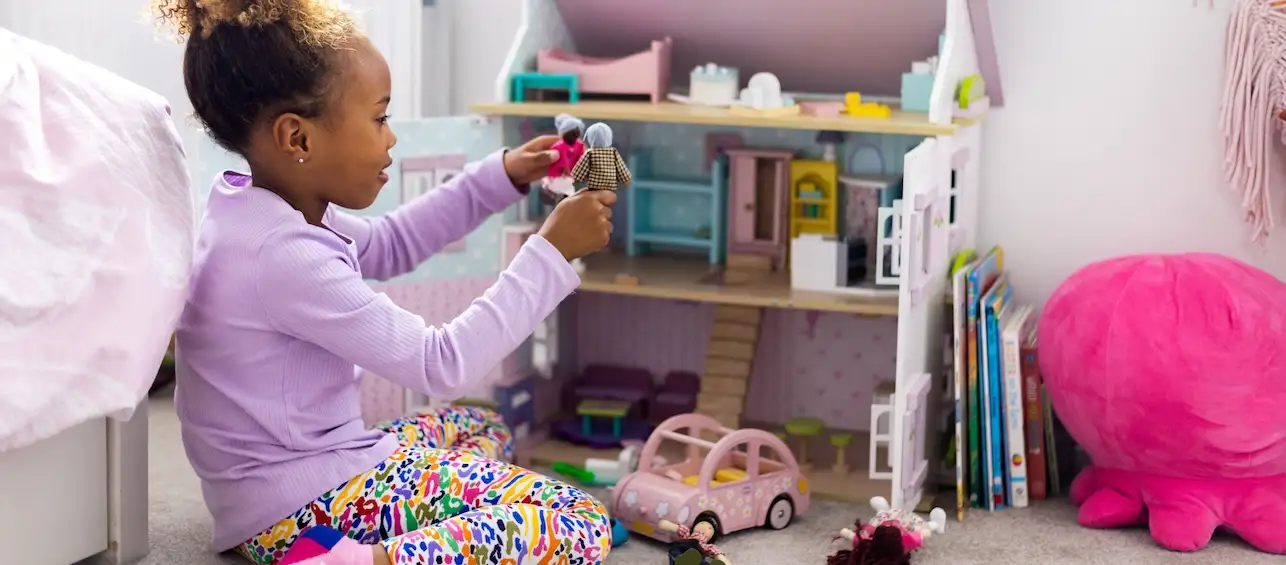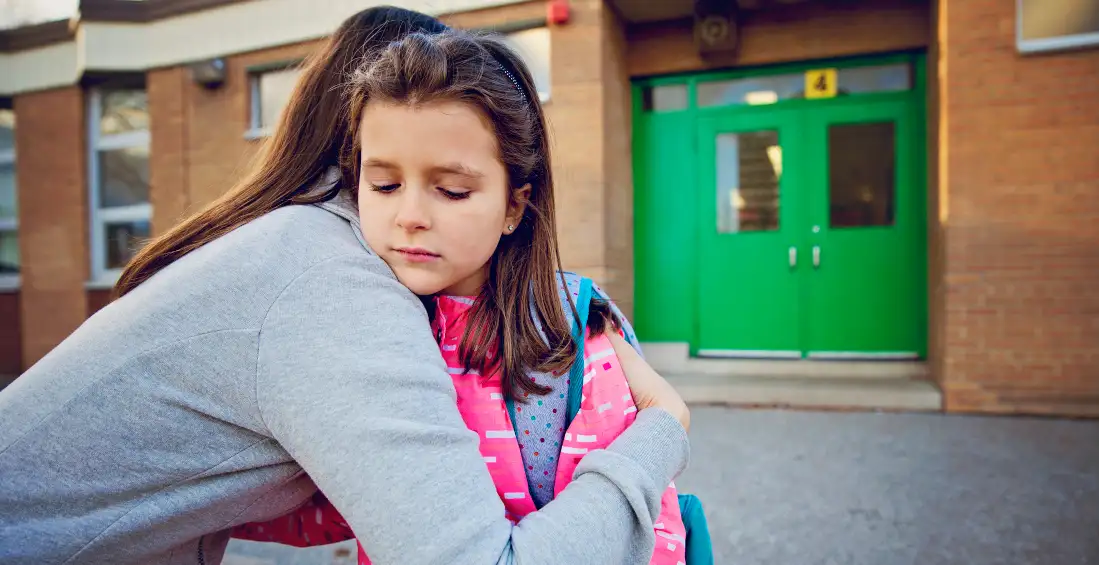In some ways, teenage relationships are a lot like adult relationships – when it’s going well, it’s exciting and thrilling, but when it ends, it can be devastating. Witnessing our teens go through this can be gut-wrenching.
As difficult as it is to watch, these changes in relationships are normal and even a useful part of adolescence. It can help them learn boundaries, give and receive caring, communicate more effectively, and further their identity development.
The key is to strike a balance between being a supportive parent and allowing them to work through it on their own. Here are some suggestions on how to do that:
7 Ways to Help Your Teen with a Broken Heart
-
Give them space and time
There isn’t a specific time frame for teens to recover from heartbreak. Some get over it quickly and others take a while. Allow them the time they need to process their emotions.
-
Ask if they want advice or to vent
Teens sometimes resist sharing their thoughts with their parents when they feel like they will immediately tell them what they should or shouldn’t do. Avoid this by just letting them vent. If you have advice, ask them first if they want it. And if they say no, don’t give it. This can be incredibly difficult for parents, but will make your child more likely to share again with you in the future.
Equally important is to be available and really listen when they’re ready to vent. Let them know that you are listening by looking at them and giving them your full attention. Reduce distractions by putting down your phone or closing your laptop.
-
Suggest they share their feelings with someone
It is important for teens to have someone to talk to. If they don’t want to open up to you, suggest that they talk to someone else — a friend, family member or another supportive adult. Specifically encourage them to share their feelings. Ask them if they feel sad, lonely, anxious, etc. They may not offer this up, but it’s important for them to know that these feelings are normal.
-
Ask about social media
There is a whole other world out there that many teens navigate on their own. Is social media causing them additional stress? If so, I would insist that they take a break from it or pause certain accounts for a while.
-
Encourage them to continue their normal routines
As difficult as it may be, it is important to get back or continue normal routines of school, extracurriculars and mealtimes with family. Routines give a sense of comfort and feeling that life continues on.
-
Spend time together doing something fun
Teens often feel lonely when they’re in the middle of a breakup. They will benefit immensely from either getting out of the house or simply doing something fun together at home. If you give them some choices, they may be more inclined to join in. The goal is to show them kindness and support without “parenting” or giving advice.
-
Help them learn from it
It’s difficult for parents to switch from solving all of their kids’ problems to allowing their teens to work through things themselves. However, doing so will help them become stronger. Encourage them to learn from this breakup, without implicitly saying so (that could potentially backfire on you). Ask about what’s important to them and the type of people they want to spend time with. Encourage them to think about their own unique and positive characteristics. The ultimate goal is for them to learn about themselves and other people.
Breakups and emotional distress are a normal part of adolescent development. However, parents should seek additional mental health help if their teen’s distress is long lasting and getting in the way of them participating in normal activities such as school, extracurriculars, chores and so on. Similarly, if they are isolating themselves to the point that they are not seeing family or friends, it’s time to seek additional help. This is particularly true if your teen has a history of a mental health disorder.







Excellent post and relevant to a teen family member going through this. Will share with the family. Thanks for writing this. Best, Ginny